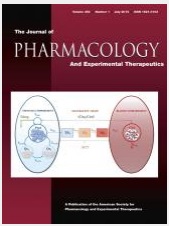Efficient delivery of heterologous molecules for treatment of cells is a great challenge in modern medicine and pharmacology. Cell-penetrating peptides (CPPs) may improve efficient delivery of a wide range of macromolecular cargos, including plasmid DNA, small interfering RNA, drugs, nanoparticulate pharmaceutical carriers, and anticancer drugs. In this paper, we present the history of CPPs’ discovery with special attention drawn to sequences of viral origin. We also describe different CPP families with regard to their physicochemical properties and numerous mechanisms of CPP cell uptake by direct penetration and endocytotic pathways. A detailed description is focused on formation of carrier-cargo complexes, which are needed for practical use of CPPs in medicine and biotechnology. Examples of successful application of CPPs in treatment of human diseases are also presented, including decreased tumor growth and induction of cancer cell death. Finally, we review modern design approaches to novel CPPs and prediction of their activity. To sum up, the current review presents a thorough and up-to-date knowledge of CPPs and may be a valuable source of information for researchers in pharmacology designing new therapeutic agents.



